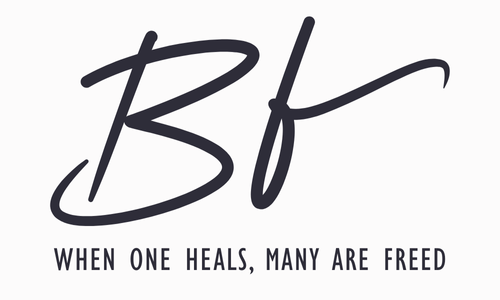Hypnotherapy Isn’t a Quick Fix… And Why That’s a Good Thing!
Since being recently qualified as a hypno-psychotherapeutic counsellor, I’ve had time to reflect on the wonderful clients I’ve worked with over the past 100 hours of practice. The one thing that has stood out to me more and more that I’ve needed to dispel is the myth that hypnotherapy can cure/fix your issues in 1-2 sessions max.
Image Credit: Los Muertos Crew
The reason for this myth is ingrained in decades of hypnotherapy marketing and quick fixes sell quite well. Think about some marketing you’ve seen in other areas of life:
“Get a six-pack in two weeks”
“Make 10k a month working from home”
“Learn a language in 21 days”
“Get over your ex in one session”
“One session to eradicate panic attacks for good”
Your intuition would know best that these are all simply too good to be true. It is far too easy for gurus to sell the promise of certainty, speed and control, all qualities that customers and clients are looking for in addressing whatever problem they are facing. However, life doesn’t quite work out that way. Most of the time when these quick fixes or shortcuts are taken, for various reasons, the protagonist is coming to terms with a failed attempt in solving their problem, and this encounter can end up becoming more uncomfortable for them than the original problem they were trying to solve. A lot of people who have come through the other end of this disillusionment are now realising that working at the root cause of the problem is simply (not easily!) the way to go. To stop a weed from sprouting, you pull out the root, not cut off the leaves!
Image Credit: Robert So
So, how did hypnotherapy become popular for “quick fixes”?
Whilst hypnosis was studied for a few centuries before present day, it started gaining some traction in the mid 20th century where smoking was starting to be linked to cancer. Hypnotic methods were then being trialled for habit control, like nail-biting and overeating, in other words it was framed as a form of rapid transformation, focussing on behavioural change in a relatively short period of time, and not requiring deep therapy, certainly a more attractive option than drudging your way through your 53rd session of counselling and psychotherapy.
If only human beings were that simple a creature. Everyone is wonderfully unique with their own set of temperaments and characteristics which means everyone carries their baggage in not the same way as any other person. Sure, there might be some shared traits, some might bottle their uncomfortableness for a similar amount of time and act out in a similar way, but generally speaking, everyone carries and embodies their stuff differently. By framing a treatment of [insert behaviour change] in [set number of sessions], the practitioner is effectively stating that that prospective client can be fit into a box and moulded to that particular solution framework. This may be appropriate in certain lines of work, like plumbing or engineering, where certain tasks and problems are clearly defined and time-sensitive, or even business coaching where tasks are defined within a certain timeframe and outcomes are measured in quantifiable metrics, KPIs, profit margins, etc. However, for hypnotherapy, counselling, and psychotherapy, the work is relational, incredibly nonlinear and can be annoyingly inefficient since emotional, psychological, social, and personal transformation doesn’t follow a strict timetable.
Image Credit: Tima Miroshnichenko
People are conditioned to expect from professionals:
I pay, you fix.
Therapy is more like:
We walk together, and I help you explore how you want to live differently.
In many jobs, you hire someone to do something to or for you; fix a boiler, file a claim, or service a car. But therapy is different. It’s something we do with you, at your pace, with care, so the changes last and make sense in your real life.
And that can take a day, a week, a month, a year, or even longer. It depends on how you show up in sessions, where some of the uncomfortable work may be done, and then it also depends on what you make of the time in between sessions.
This can sound frustrating to those who want a clear answer and have outcomes that are totally predictable. But that’s the nature of human beings - we are incredibly complex and messy people, which is where beauty can be found. I wouldn’t have it any other way.
So, even though this post has been about therapy in general, rather than focussing on hypnotherapy specifically, the principles still apply: hypnotherapy is a form of mental health treatment, like talk therapy, counselling, psychotherapy, whatever you want to call it. The process of this treatment and transformation will take as long as it needs. The way I work respects the pace that you want to work at, takes into consideration your history, the way you respond to stressful situations, how you place yourself in the world - I mould the therapy around you and not the other way round.
If any of this resonates with you, I would like to hear from you.




